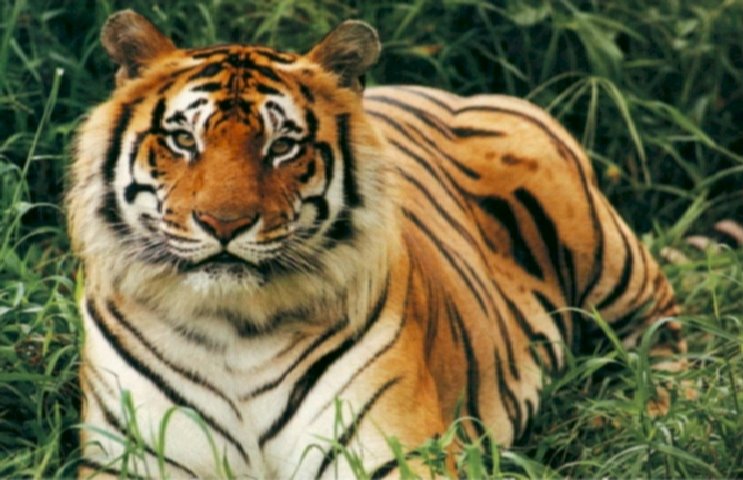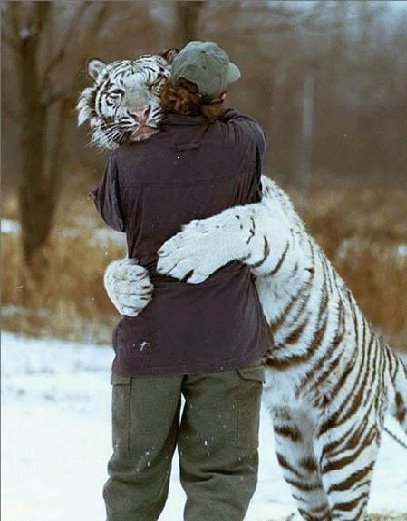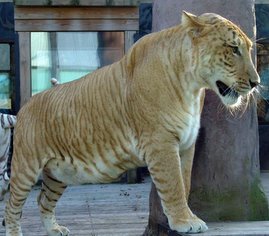THE INDIAN TIGERS
The Tiger is the spirit of the Indian Jungle, the symbol of India is wilderness & its National Heritage Species. Even his distant roar, or an alarm call of some animal announcing his presence, charges the whole environment of the jungle with excitement.
 DID you know that tigers love to be in water and they love to play in water, see i have few articles fom the Australia Zoo , They have written this to me on a interaction mail of members.
DID you know that tigers love to be in water and they love to play in water, see i have few articles fom the Australia Zoo , They have written this to me on a interaction mail of members.
Pool work is one of the most dangerous things that we do with our tigers here at Australia Zoo, but tigers absolutely love the water!
Tigers have adapted to the sweltering heat of tropical Asia by swimming in waterholes, lakes, streams and swamps in their native lands in order to cool off.
Whether it is jumping in the water after toys and handlers or having a relaxing afternoon swim, the tigers at Australia Zoo spend most of their day in the pool.
This also furthers the bond between the handlers and our tigers, as the tigers are learning the handlers’ limitations and rules. Tigers love the water because it keeps them cool, so once the tigers are wet, they start to get a little silly and run amok!
This is a very important activity for the handlers as this kind of interaction will continue for the rest of the tigers’ lives, so once fully grown they will know what is expected of them when it’s time to have some fun!
 A Chinese dog has become the surrogate mother of tiger triplets born at a zoo in the country's eastern Shandong province.
A Chinese dog has become the surrogate mother of tiger triplets born at a zoo in the country's eastern Shandong province.
The mongrel bitch called Huani is suckling the tiger cubs, imaginatively named One, Two and Three by staff at Jinan Paomaling Wild Animal World, because their mother rejected them shortly after birth 10 days ago.
The zoo manager, Chen Yucai, said Huani is expected to nurse the tigers for about a month, or until their appetites outpace her milk supply.
Mr Yucai said it was common for Chinese zoos to use dogs as surrogate mothers for rejected tiger cubs.
Zoo staff have previously put dog urine on the fur of rejected cubs to make the surrogate think she is nursing her own pups.
However, this time the zoo did not need to because Huani, who has nursed tigers before, did not seem to mind caring for the cubs.
"The family is getting along well and seems to enjoy each other," Mr Yucai said.
A spokeswoman for London Zoo said staff try to match an abandoned animal with a mother of the same species with young of a similar age wherever possible.
In the 1990s, an Asiatic lion at the zoo abandoned her cub and staff successfully placed it with another lion that had given birth to two cubs.
The spokeswoman said the cub was placed in the surrogate mother's litter so it would acquire her smell and be accepted by her.
Although the cub was initially reluctant to take on the new mother, the 'adoption' proved successful.
If a mother of the same species cannot be found, staff at London Zoo will try to find a companion animal for the abandoned young.
Staff once placed an abandoned tiger cub called Harry with an Akita hound, which he lived with for about nine months.
The spokeswoman said it was preferable for the abandoned cub to imprint - the process by which an animal learns the characteristics of its parents - on a four-legged animal rather than a human being.
GUYS ITS BEEN LONG THAT I POSTED A ARTICLE, I WILL SOON UPDATE KEEP WATCHING
 DID you know that tigers love to be in water and they love to play in water, see i have few articles fom the Australia Zoo , They have written this to me on a interaction mail of members.
DID you know that tigers love to be in water and they love to play in water, see i have few articles fom the Australia Zoo , They have written this to me on a interaction mail of members.




